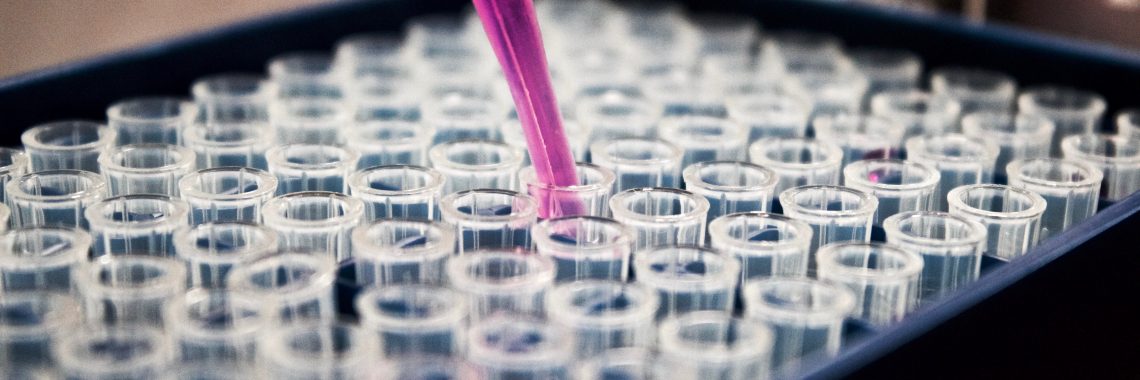Politicians Still Attacking the Pro-Life Hyde Amendment

One issue we have discussed repeatedly in recent years is the strange attack against the federal Hyde Amendment from some candidates and politicians.
The Hyde Amendment is a bipartisan budget provision that’s been on the books for more than four decades. It prevents Americans from being forced to subsidize abortions with their tax dollars, except in cases of rape or incest or when the mother’s life or physical health are in jeopardy.
For years the Hyde Amendment was seen as a reasonable compromise between pro-life and pro-abortion politicians. But since 2016, organizations like Planned Parenthood and NARAL and their allies in Washington have stepped up efforts to abolish the Hyde Amendment.
In 2016 the Democratic Party approved a platform that says,
We will continue to stand up to Republican efforts to defund Planned Parenthood health centers, which provide critical health services to millions of people. We will continue to oppose—and seek to overturn—federal and state laws and policies that impede a woman’s access to abortion, including by repealing the Hyde Amendment.
Last June presidential hopeful Joe Biden reversed course after supporting the Hyde Amendment throughout most of his political career.
And at a recent town hall meeting sponsored by NARAL, presidential candidate Pete Buttigieg said,
“[W]e will eliminate the Hyde Amendment and restore funding for abortion care for Medicaid patients and other federal help programs.
It’s worth noting that taxpayer-funded abortion is not very popular among Americans — especially in Arkansas, where a large number of people believe abortion ought to be either completely illegal or legal only under certain circumstances.
The increased attacks on the federal Hyde Amendment just go to show we’ve come a long way since the days when people like President Bill Clinton said abortion ought to be “safe, legal, and rare.”




